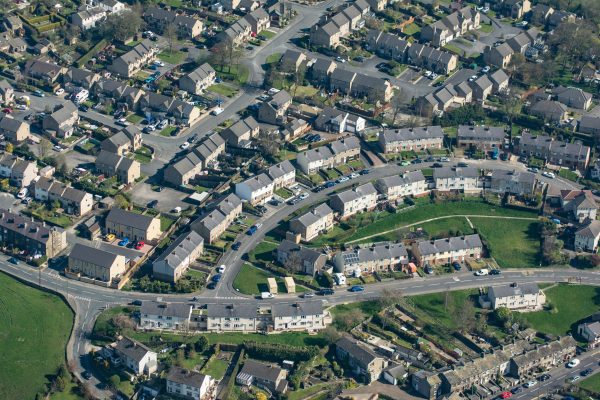Is local democracy threatened by the proposed new reforms?
By Ruby Burdett, Consultant
The UK government have recently laid out a plethora of radical reforms to the planning system and local government. The planning reforms, which aim to modernise and speed up the planning process, are within the Planning White Paper published in August, and the local government reform white paper is to be published next month. These are extensive reforms individually, but the combination of both at the same time is major upheaval.
The general idea of speeding up the planning process sounds good on paper and will be beneficial in many ways. However, when broken down some of the proposed reforms are facing heavy criticism for diluting local democracy.
Planning algorithm
At the core of the proposed reforms is the implementation of an algorithm. Although not apparent, there is some synergy here with the mooted local government reforms. This will be a move towards a centralised ‘top down’ planning system similar to what we have had in the past. This will shrink the power local councils have over the level of housebuilding in their local area. Local councils will be assigned a housing target, which they will have to allocate sufficient land to meet. Land labelled ‘growth areas will allow developers to begin building, cutting the lengthy process of securing planning permissions.
The proposals do simplify the plan-making and planning process. But the shift from development management to the earlier plan making processes will be confusing for the public and will require a high level of re-education. Unsurprisingly, diminishing the power of councils has sparked considerable debate and unease amongst councillors, in particular Conservatives in the leafy shires.
Once the local plan is set, the role of planning committees and local communities will inevitably be watered down. Although residents will still be able to object, they will be limited to only expressing opposition during the local plan process (although I am sure some will still campaign during the application stages). This means residents and committees will have to wait years to have a real say in development in their community. Planning committee’s give residents a platform to engage with development proposals, and councillors the opportunity to represent the needs of their residents. This might get development moving quicker, but risks rendering committees and public objections obsolete.
However, for local democracy the benefits may appear a little opaque. Especially as the outbreak of Covid-19 has allowed people the time to connect closer with their community, stripping away their voice at this time will naturally cause turmoil. It may be the worst time to consider diminishing local democracy.
Considering the opposition from councils and Conservative Party members, it seems unlikely that the proposals, as they are now, will move forward.
Removing the 106 agreement
The government is also intending to replace 106 agreements and CIL. These are to be replaced by a new levy, which will encompass all the requirements such as affordable housing, education, health and others, with rates and policies set centrally not locally. This will scrap lengthy periods of negotiations. Cutting this may get Britain building quicker, but again brings into question the role of local democracy, and the value of local needs.
The reforms seem to be focussed solely on speeding up the planning process, with little consideration for how it will affect the needs of local communities and local democracy. It may be fair to ask, is this level of radical change necessary, or advisable, during a recession, BREXIT and a pandemic?

Strategic land and site promotion
We work with strategic land developers and promoters, landowners and planning consultants to promote sites …

Energy and infrastructure
From new nuclear and unconventional gas to renewables, waste and airports, our team has worked …


